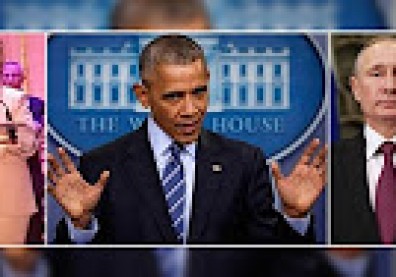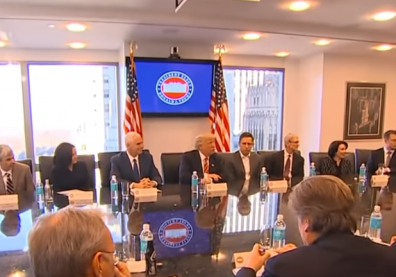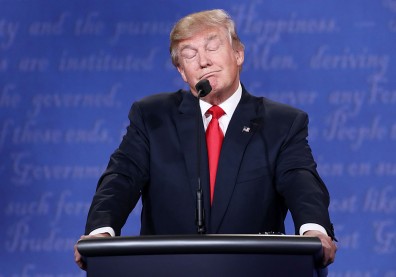Two of the world's social media giants have announced to track and crack down on scammers using ads on fake news sites. Google and Facebook has vowed to update their policies after social media platforms were lambasted over the key role that these "fake news" played on the U.S. presidential elections.
Fake Internet News 2016: Incorrect News Might Have Tilted The U.S. Elections
According to Business Insider, social media platforms Google and Facebook said that they are working on their current policies after the proliferation of "fake news" might have swung the elections in Donald Trump's favor. Despite Mark Zuckerberg's defense of Facebook, many experts believe that some misleading information might have pivoted a large number of voters during the campaign period.
Google said that it is working on its policy regarding its AdSense advertising networks, noting that it aims to prevent websites to use the advertising network to spread fallacious news. Facebook also released a statement that it will be updating its advertising policies to monitor and prevent fake news from proliferating on its platform.
However, the current policy updates do not really decipher and take out misleading content. The measures are aimed to assure that publishers that publish content are legit. Since Facebook cannot really take out fake news that are shared by users, the social media platform said that it would only focus on its ad policy. The advertisements are essentially the key for "fake news" publishers to make money. Google even vowed to eliminate financial incentives that appear to be a big factor on the production and spread of fake news.
Fake Internet News 2016: Fake News Might Be Created By Political Activists?
According to Digital Trends, some of the fake news that circulated among social media platforms were created by social activists trying to boost their candidates chances of winning. Some of these fake news clearly had political affiliations, as most of those that came out during the days leading to the elections were driven by destructive dialogue against both the presidential candidates. Experts have recommended that social media platforms must start to monitor and discern information coming out of their websites.










